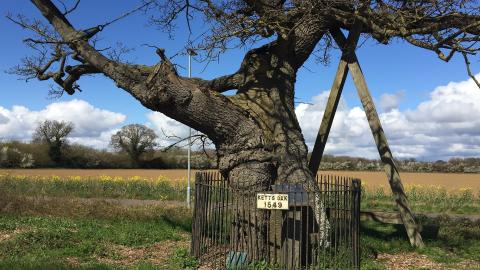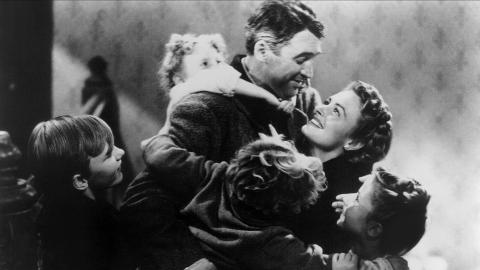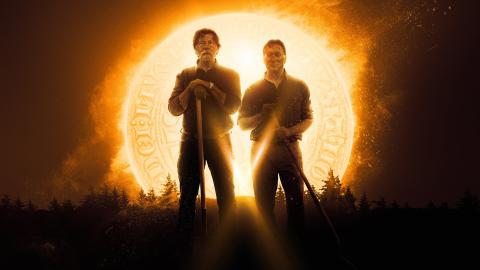
3 British monarchs whose deaths were more than a little bit mysterious
Did these monarchs die of natural causes and unfortunate accidents, or were they murdered?
The death of William II by T. Wallis after W. M. Craig (colourised) - Welcome | Wikimedia | CC BY 4.0
It’ll come as no surprise to you that the British monarchy has had a rich and storied past when it comes to death and succession. While some dynasties have endured for centuries, others have ended before they even had the opportunity to start. From the Battle of Hastings to the Battle of Bosworth: regicide has always been an occupational hazard for the reigning monarch. There are, however, some monarchs whose deaths were a little less clear cut. Whether accidental or the perfect crime - here are three monarchs whose deaths are more than a little bit mysterious.
Alexander III of Scotland
Following the death of his first wife and then his three children, Alexander III was under immense pressure to provide a male heir to succeed his throne. In November 1285 Alexander married his second wife. However, this second chance at love was doomed to failure as it was a short five months later that Alexander met his unexpected end.
Having overseen a meeting of his peers and celebrating his recent marriage in Edinburgh Castle, the King was eager to return that night to Fife to visit his wife in time for her birthday. Despite the pleas of his advisors, Alexander was undeterred by the stormy night and set off in earnest.
With the growing storm, Alexander crossed the Firth with his entourage and two local guides. Even though he had multiple nobles and guides travelling with him, Alexander somehow became separated from the rest of the party. It wasn’t until daylight the following morning that the body of Alexander was discovered at the edge of the shore with a broken neck.
While there weren't any cliffs where his body was found, there was a rocky embankment nearby. It was believed that in the dark, with the storm worsening the conditions, the king’s horse had lost its footing and he had died in the ensuing fall. What followed was a serious succession crisis in Scotland and a time of great unrest across the country.
William II of England
William II was the third son of William the Conqueror and ascended to the throne in 1087. While very little is actually known about the circumstances surrounding his death, it is the actions of those involved following this accident that piques our interest.
Having gone hunting in the New Forest one August morning, William was shot through the lung with an arrow by an unnamed member of his hunting party. The nobles abandoned the king’s body and left it to be discovered by a passing peasant. Meanwhile, William’s brother had rushed to Winchester to secure the royal treasury, and then on to London where he was crowned within a matter of days and before an Archbishop could arrive.
While there is a lot of speculation as to whether the death was an assassination or not, there is no denying that it is just as likely an outcome as a hunting accident.
Edward V of England
Edward V’s reign was cut short having only run from April to June of 1483. Succeeding his father at the age of 12, Edward IV, young Edward was never officially crowned King of England as his brief reign was largely controlled by his uncle the Duke of Gloucester.
Moved by his uncle to the Tower of London shortly after succeeding the throne, Edward was joined by his younger brother. In June parliament declared that Richard was the legitimate king, and the young princes were further confined into the inner apartments in the tower. Over the summer the boys were seen less and less and, eventually, disappeared from the public view entirely.
Bones suspected to belong to the two princes were found by builders in 1647 as they were re-building a staircase within the Tower, however, later inspection in the 1930s revealed the bones to be incomplete skeletons that had been mixed with animal bones. This confusion has led to a serious debate as to whether the bones did indeed belong to the princes, and what truly happened to them once they disappeared.
Theories surrounding their deaths include: they were murdered by their uncle to eliminate any chance of their challenging his claim to the throne; the boys died of a mysterious illness and Richard’s succession was an attempt to cover it up; or they were relocated and lived out their life outside of the royal court.



















